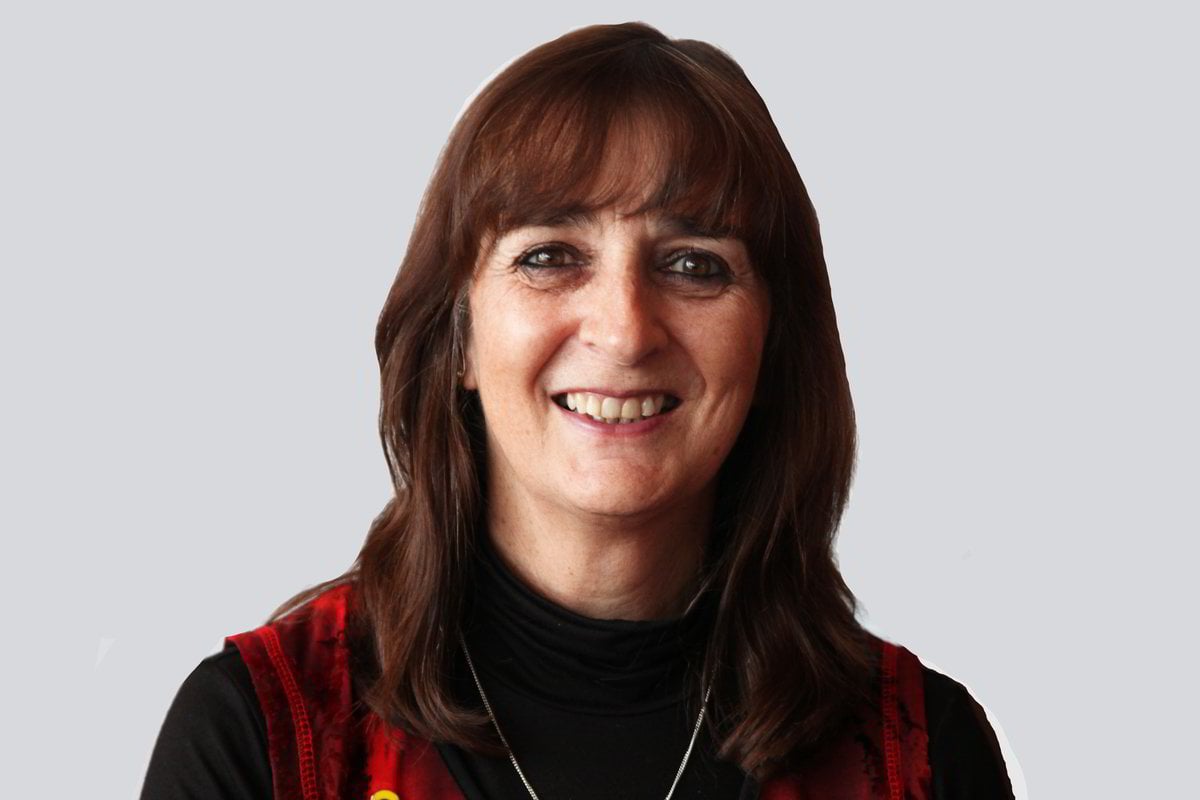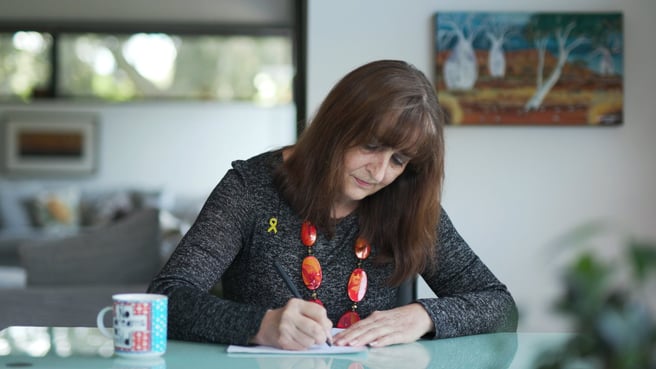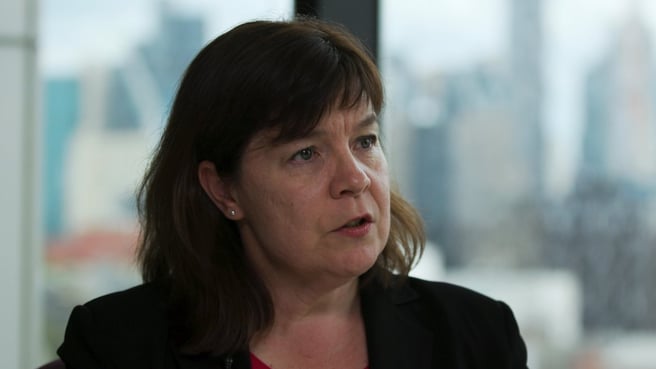
For Rhonda Abotomey, it was a light-bulb moment.
She was in conversation with Lou Harms, an academic with the University of Melbourne, who mentioned the phrase 'post-traumatic growth'.
For her, it encapsulated the light of hope amid the trauma.
At the time of their conversation, it was four years after Abotomey had lost her family members in the Black Saturday bushfires. On February 7, 2009, her brother, sister-in-law, nephew and a family friend had died in the blazes that roared across Victoria.
"It was an extreme weather situation. The government had forewarned people that we were in for a very dangerous time," Abotomey tells Mamamia.
"During the afternoon I got a call to say that my family members were under attack, and they were waiting for a call back. That call never came.
"It was 24 hours before we heard on the grapevine that they hadn't made it."
From there, Abotomey was left to deal with the trauma of losing her family to such a catastrophic, cataclysmic event.
"I grew a philosophy that in amongst the exhaustion of a disaster experience like a bushfire, that you only got to spend your energy once… I would rather spend it making a difference than being angry.”
Abotomey funnelled her energy into writing prose, which was then turned into a series of poems. It was as though she had awoken to a newfound creative talent, that also acted as a "sheer trauma outlet".
 Rhonda found new creative talents. Image: Supplied.
Rhonda found new creative talents. Image: Supplied.





























































































